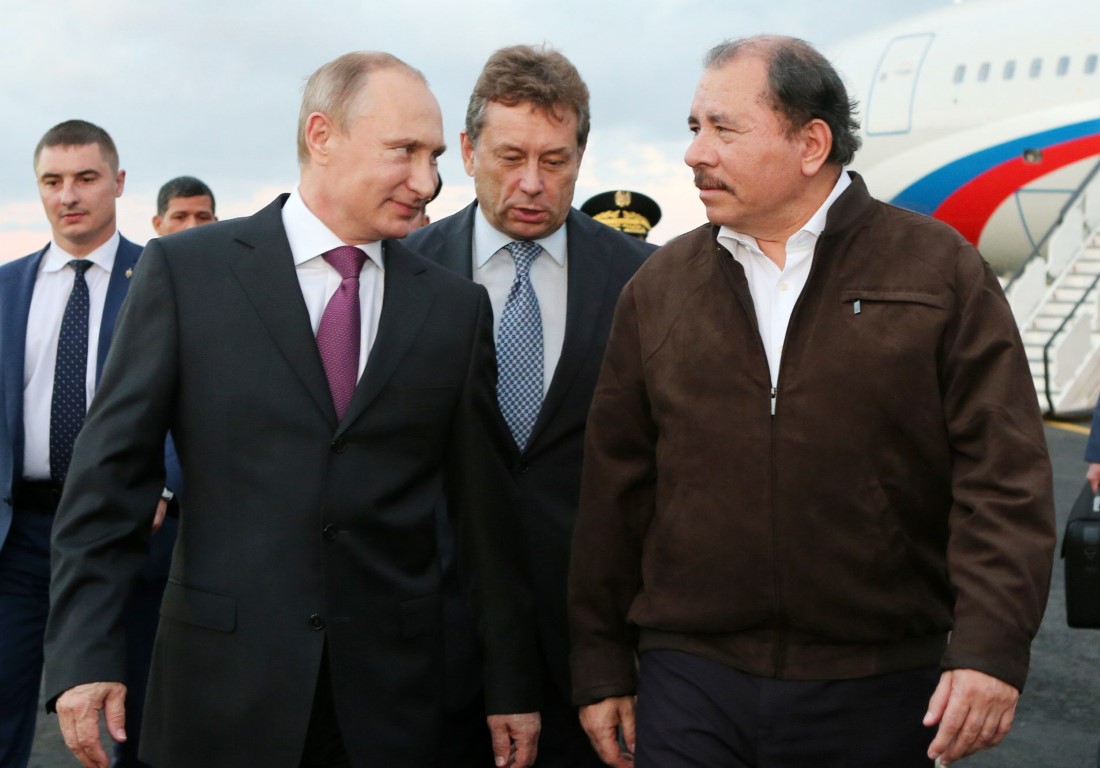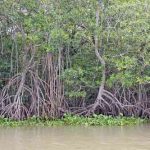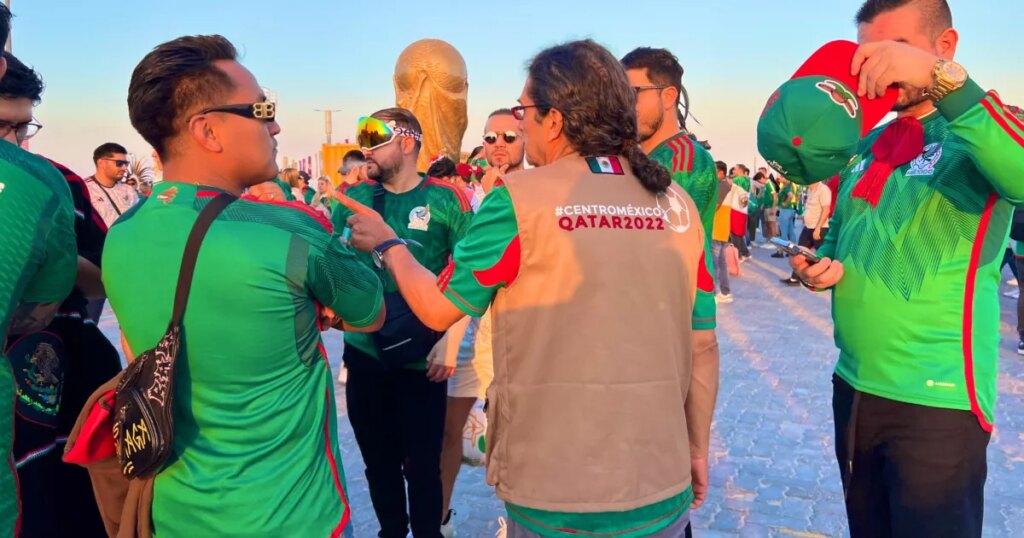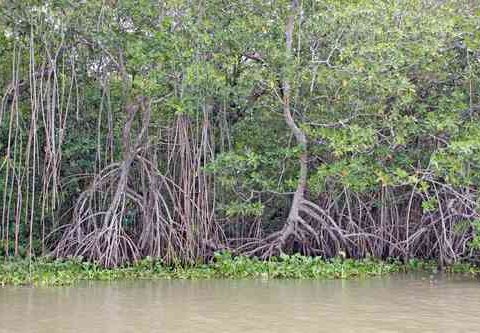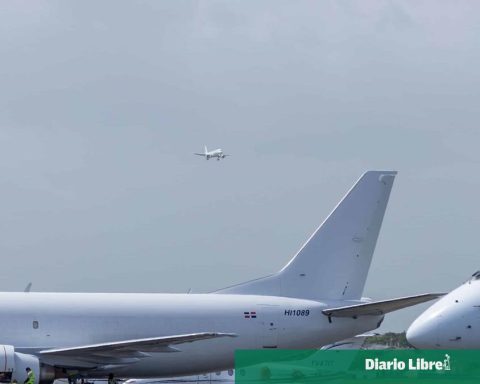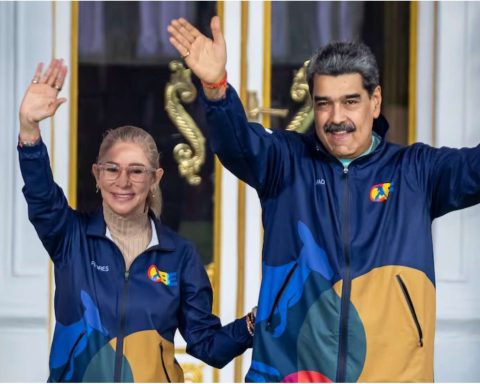The Government of Nicaragua and Russia signed a road map for the use of atomic energy for peaceful purposes, reported the Nicaraguan authorities. “This instrument is in line with the legal bases for cooperation in the use of atomic energy for peaceful purposes. With the signing of the roadmap, the guidelines are drawn up to advance in the field of cooperation in non-energy applications of nuclear and radiological technologies,” reported the Government of Nicaragua.
Nicaragua and Russia had already committed to cooperate in the field of atomic energy in December 2021, although it was until last october that the Nicaraguan president, Daniel Ortega, authorized the signing of a road map.
The Government of Nicaragua hopes that Russian cooperation will strengthen “the capacities of professionals, especially in the field of medicine, hydraulic, geothermal and wind energy.”
The roadmap was signed by the Nicaraguan ambassador to Russia, Alba Azucena Torres, and the executive director of the Rosatom State Atomic Energy Corporation, Alexey Likhachev, within the framework of the XII Atomexpo International Conference, the largest Russian exhibition on energy atomic force, indicated the Nicaraguan Foreign Ministry.
“We advance in the strengthening of our relations of Friendship, Cooperation, Solidarity and Peace for mutual benefit, contributing to the improvement of the quality of life of Nicaraguan citizens,” added the Nicaraguan Ministry of Foreign Affairs.
Nicaragua was a former ally of Russia during the first Sandinista regime (1979-1990), led by Daniel Ortega, who since he returned to power in 2007 has shown his inclination and towards Russian President Vladimir Putin, whom he has supported in the recognition of Georgian breakaway regions of Abkhazia and South Ossetia, as well as the invasion of Ukraine.
Agreement focused on industry, medicine and agriculture
On October 21, Ortega authorized Ambassador Torres to sign an agreement with Moscow “on cooperation in the field of non-energetic applications of atomic energy for peaceful purposes.”
Through presidential agreement number 151-2022 published in La Gaceta, the Official State Gazette, the Sandinista president decided to grant “full powers” to his ambassador to the Russian Federation so that she could act on behalf of and represent the Government of the Republic of Nicaragua , sign that agreement.
“The certification of this presidential agreement is sufficient to accredit Torres Mejía’s power to act on behalf of the Government of Nicaragua,” Ortega said through the publication in La Gaceta.
The memorandum of the “Agreement between the Government of the Russian Federation and the Government of the Republic of Nicaragua on cooperation in the field of non-energy applications of atomic energy for peaceful purposes” was signed in Moscow on December 7, 2021.
In this signing, the special representative of the Presidency of Nicaragua for relations with Russia, Laureano Ortega Murilloand his brother Rafael Ortega Murillo, as representatives of their parents, Ortega and his wife, Vice President Rosario Murillo.
The document lays the foundations for cooperation in a wide range of areas, in particular for the awareness of the population about nuclear technologies, the development of the nuclear infrastructure of the Republic of Nicaragua and the non-energy use of atomic energy in industry. , agriculture and medicine, as published by the Rosatom State Atomic Energy Corporation of Russia on its website.
The parties reached the understanding that, as soon as the situation of the covid-19 pandemic allows it, broad consultations will be organized on the practical content of the memorandum signed in person, according to the information.
Nicaragua created Atomic Energy Commission
On August 29, the Ortega and Rosario Murillo regime announced the creation of the Nicaraguan Commission for Atomic Energy for Peaceful Purposes, through presidential agreement 16-2022 published in the Gazetteofficial state newspaper.
This Commission will work in the offices of the Nicaraguan Council of Science and Technology (Conicyt), an entity that recently came under the full control of the Presidency.
The head of the Conicyt, a position held by the former head of the Army, Retired General Moisés Omar Halleslevens, will be the one who will be in charge of chairing the Commission. The decree establishes that the Commission will have a direct allocation of funds for its operation, coming from the General Budget of the Republic.
Nicaragua does not have the infrastructure or capacity to develop nuclear energy, but the Commission will have the objective of “promoting the use and development of atomic energy for peaceful purposes, in agriculture, medicine, industry, science, technology, environmental surveillance and other aspects related”.
